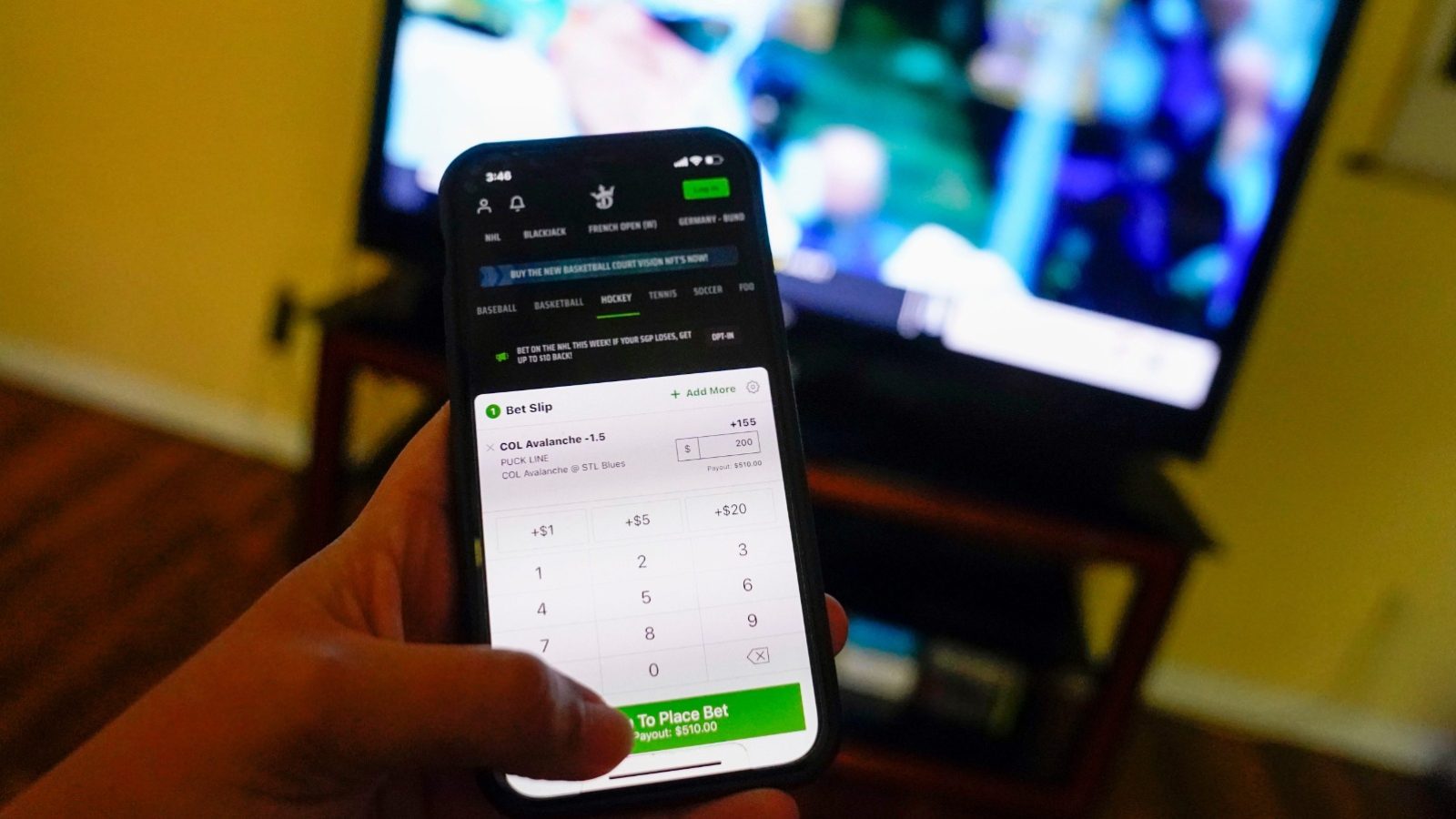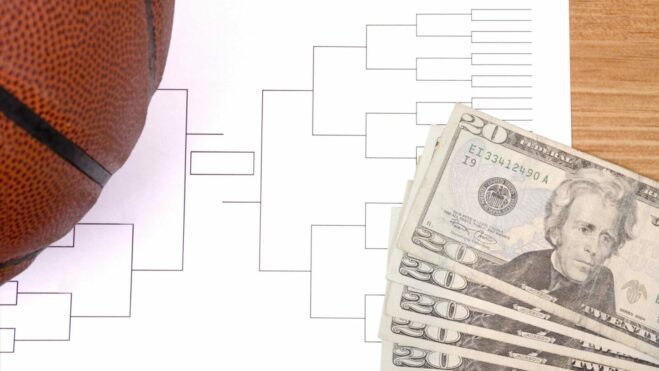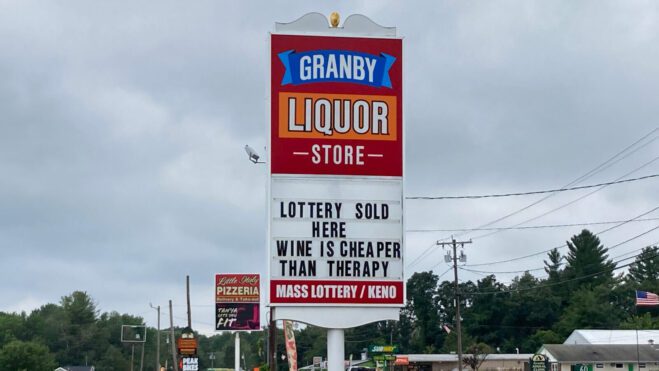Study: Online Sportsbook Legalization Boosts Lottery Sales
But in retail-only sports betting states, lottery sales tumble, indicating online betting creates an appetite for gambling
1 min

Online sports betting might be the best thing that ever happened to lottery sales. Retail sportsbooks? Not so much.
That’s the upshot of new research from Anthony Adam Sy and Masakazu Ishihara at NYU’s Stern School of Business, who found that states launching online sports betting (OSB) saw monthly convenience store lottery sales jump 17.3%, while states that launched only retail sports betting (RSB) saw sales drop 16.4% monthly.
For states that launched both forms of sports betting simultaneously, the effects essentially canceled each other out, with no statistically significant impact on lottery sales.
The findings, detailed in a working paper released last month, suggest lottery officials and convenience store operators may want to root for online sports betting legalization — and perhaps worry about retail sportsbooks setting up shop.
The study examined data from more than 2,000 convenience stores across the U.S. between April 2020 and March 2024, using methodology to isolate the causal effects of sports betting legalization on lottery sales.
The researchers’ theory: Two competing forces are at play. There’s a “substitution effect,” where people replace lottery tickets with sports bets, and a “spillover effect,” where sports betting increases people’s overall appetite for gambling, driving them to buy more lottery tickets.
For OSB, the spillover effect appears to dominate. For RSB, it’s the substitution effect taking over.
More gambling
Why the difference? The researchers argue that retail sportsbooks are simply more similar to convenience store lotteries. Both require visiting a physical location and appeal to similar demographics. That makes RSB a more natural substitute for scratch-offs and draw games.
Online sports betting, meanwhile, casts a wider net. It’s more accessible, more convenient, and comes with what researchers call “situational features” — the ability to bet anywhere, anytime, with quick access and greater promotional offers. Those features may increase gambling behavior overall, creating more gamblers who then also buy lottery tickets.
“OSB has a greater tendency to increase gambling addiction, leading to a relatively larger spillover effect,” the paper states.
The findings carry obvious implications for state policymakers still weighing sports betting legalization. From a pure tax revenue perspective, states may want to either launch OSB alone or launch both OSB and RSB together (since RSB still generates its own tax revenue even if it dampens lottery sales). Launching only retail sports betting appears to be the worst option for lottery revenue.
The study did find some variation by state. Not every state that launched OSB saw increases, and the effects grew over time. For OSB-only states, lottery sales didn’t start showing significant increases until about 16 months after launch. For RSB-only states, the declines became apparent around eight months in.
Still, the top-line finding is hard to ignore: In the battle between online and retail sports betting, lottery boosters should have a clear favorite. And it’s the one that doesn’t require leaving your couch.





